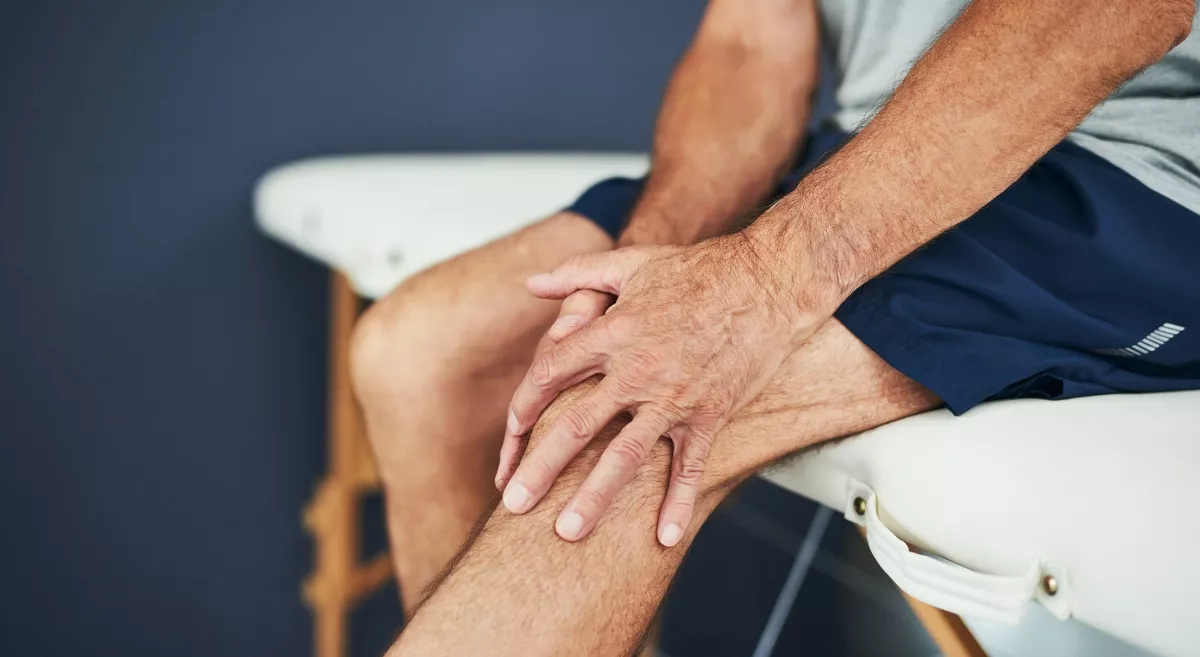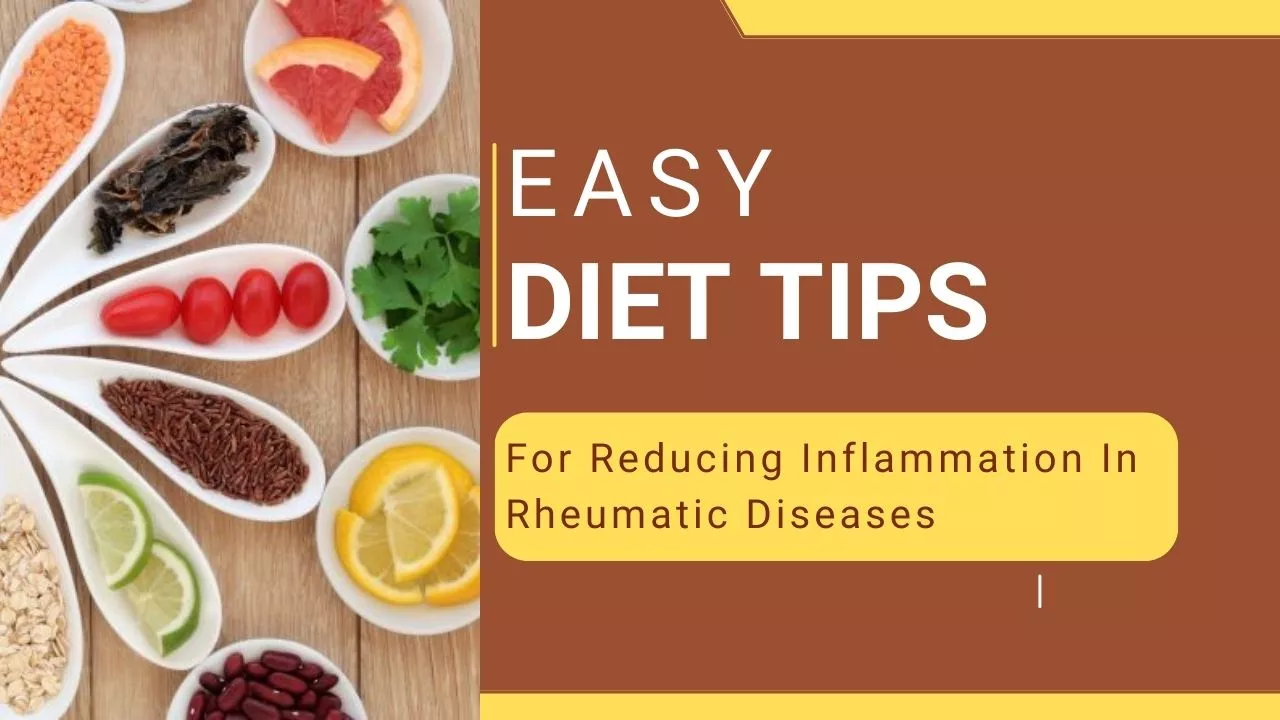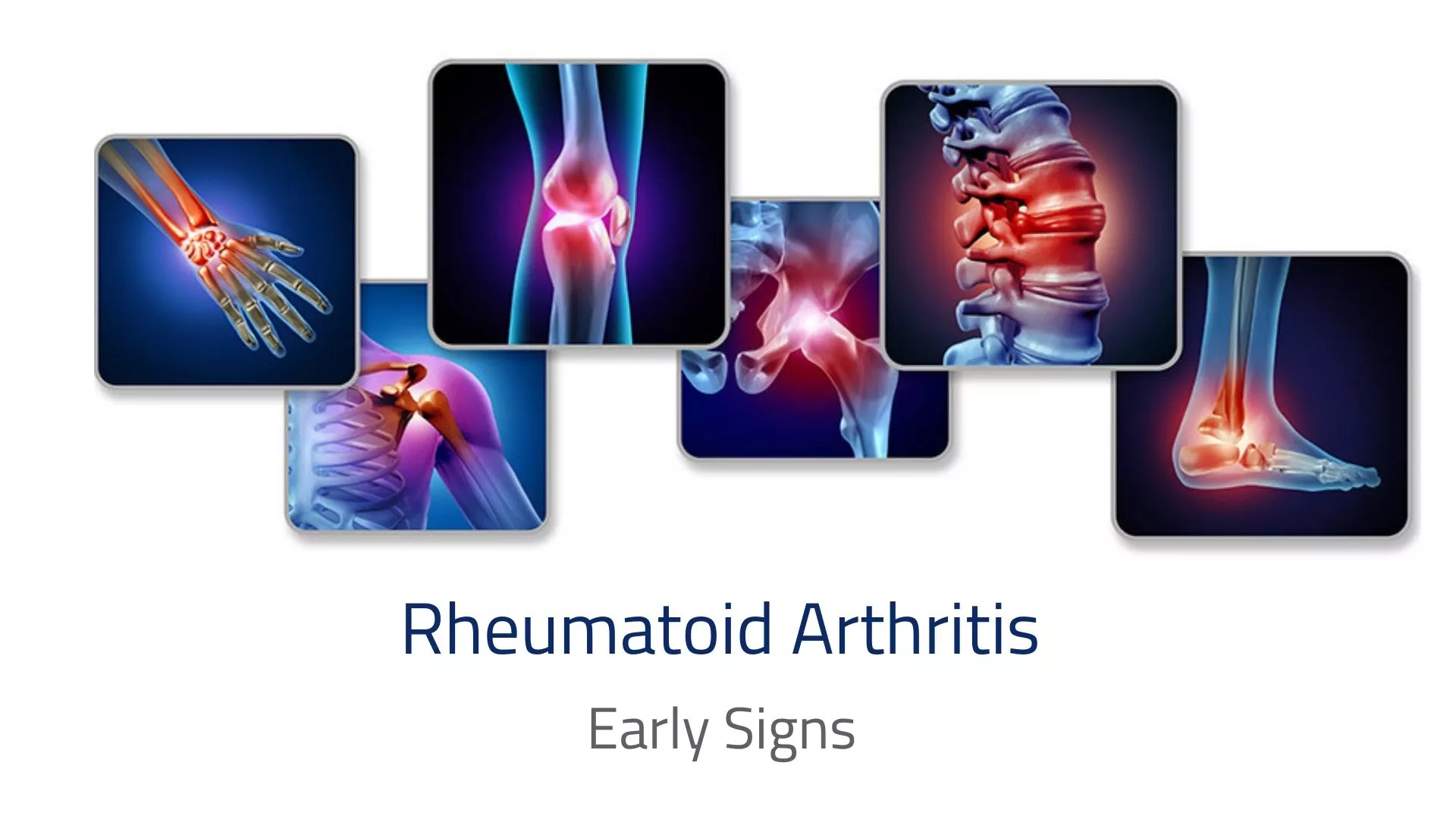Imagine having pain that affects the joints, tissues around the joints, and other connective tissues in the body. All these conditions come under the umbrella of Arthritis. Arthritis is a term used to describe a group of over 100 conditions that affect people of all ages, genders, and backgrounds. The World Health Organization reports that arthritis is one of the main causes of disability around the world, with millions of people experiencing joint pain, stiffness, and swelling each day. If you are looking for proper care, an Orthopedic Hospital in Hebbal Bangalore can provide comprehensive diagnosis and treatment for various types of arthritis.
As we approach World Arthritis Day on October 12, 2024, the theme for this year is "Informed Choices, Better Outcomes." This theme marks the importance of understanding arthritis and making educated decisions regarding treatment, lifestyle, and management options. Having the right knowledge can help you and your family deal with arthritis much better. Consulting with experienced Orthopedic Surgeons in Hebbal, Bangalore ensures personalized care tailored to your specific condition.
What is Arthritis?
Arthritis is not a specific disease but an umbrella term that refers to the inflammation of joints. Of all forms of arthritis, osteoarthritis (OA) and rheumatoid arthritis (RA) are the most common, though there are many other types, such as gout, lupus, and psoriatic arthritis. In fact, knowing which type of arthritis you have helps you in your decisions with respect to treatment.
Osteoarthritis (OA): Often termed "wear and tear" arthritis, OA occurs when the cartilage that cushions the ends of your bones breaks down with age. This condition mainly occurs in weight-bearing joints like the knees, hips, and spine. Cartilage wears down, and bones rub against each other, which provokes pain, swelling, and decreases mobility.
Rheumatoid Arthritis (RA): RA is an autoimmune disease in which a person's immune system attacks the body's tissues, including the joints. This causes inflammation that can lead to the destruction of the linings surrounding the joints and, thus, pain in the joint. RA commonly affects smaller joints found in the hands and feet, but it can also affect various organs including the heart and lungs.
Other forms of arthritis: Gout, caused by the deposition of uric acid crystals in the joints, is another common form of arthritis. Lupus is yet another form, which is an autoimmune disease and can affect the skin, organs, and joints.
Signs of Arthritis
Regardless of the type of arthritis, some common symptoms are associated with the condition, including:
Joint Pain: The most common symptom of arthritis, joint pain, can be sharp, dull, or throbbing depending on the severity of the type of arthritis.
Stiffness: Joint stiffness is often observed in people with arthritis, often worse in the morning or after periods of inactivity. For some people, it gets better with activity, while for others, symptoms worsen with activity.
Swelling: Joint swelling due to inflammation of the tissues around the joint is another common symptom. The overlying skin could be red or hot to the touch. This, over time, can limit the range of motion within the joint; therefore, doing simple things would not be easy.
Fatigue and Weakness: Conditions such as RA can lead to general fatigue and weakness due to the immune system's continuous attack on the body.
The Importance of Early Diagnosis
Early diagnosis is one of the most critical steps in managing arthritis. Most forms of arthritis, if not treated early, can result in permanent damage to joints and significantly increase morbidity. A diagnosis can be made with a joint history, physical examinations, blood tests, and imaging tests such as X-rays or MRIs through a healthcare provider. After diagnosis, an informed decision about your care will be the next step.
What are Treatment Options available for Arthritis?
Arthritis treatment has come a long way, and the options available today offer hope for a better quality of life. Treatment can vary significantly depending on the type and severity of arthritis you have. Let's explore some of the common treatment approaches:
Medications Pain Relievers: Over-the-counter medications such as acetaminophen or nonsteroidal anti-inflammatory drugs (NSAIDs) are the most used to reduce pain and inflammation.
Disease-Modifying Anti-Rheumatic Drugs (DMARDs): For autoimmune types like RA, DMARDs help slow the progression of the disease by targeting the immune system.
Biologics: These are new drugs that target specific parts of the immune system to reduce inflammation and slow joint damage, especially for conditions like RA.
Corticosteroids: Steroids can help manage severe inflammation in some cases, but they are generally used for short-term relief due to potential side effects.
Physical Therapy
Physical therapy is a key component of arthritis management. It helps to strengthen the muscles around the joints, improve range of motion, and alleviate pain. A physical therapist can tailor an exercise program to suit your specific condition.
Lifestyle Changes
Lifestyle modifications are particularly important in the management of arthritis. Regular low-impact exercises, such as swimming or walking, can be very useful in reducing pain and improving joint function. If a person is overweight, it imposes extra stress on weight-bearing joints, such as the hips and knees.
Surgery
For severe cases where there is appreciable damage to the joints, surgery may be necessary. Relief can be achieved through joint replacement, like knee or hip replacement.
How to Make Informed Choices for Better Arthritis Management?
As indicated by the theme of World Arthritis Day 2024, "Informed Choices, Better Outcomes" emphasizes that the more informed you are about your condition and treatment options, the better you will manage your symptoms. Every person with arthritis is different, and treatment should be individualized. Here's how making informed choices can lead to better outcomes:
Understand Your Condition: Knowing the type of arthritis you have is crucial. For example, treatments for osteoarthritis differ from those for rheumatoid arthritis. Ask your healthcare provider for detailed information about your diagnosis.
Discuss Treatment Options: Be proactive in your care. Discuss all possible treatment options with the doctor, including medications, physical therapy, and alternative treatments. Be sure you understand the potential benefits and risks.
Have a Holistic Attitude: A holistic attitude is not just about treating arthritis, but about changing your lifestyle as well. A balanced diet, regular exercise, and stress control can significantly contribute to overall well-being. Multimodal, multidisciplinary treatment may lead to better long-term outcomes.
Stay Updated on New Research: Medical research continues to evolve, and drugs specifically developed for arthritis treatment keep appearing. Stay informed about new medication, therapies, or surgical procedures. This may provide more management options for your arthritis.
How can you raise awareness on World Arthritis Day?
World Arthritis Day, observed annually on October 12, is a global event dedicated to raising awareness about arthritis and the importance of early diagnosis and treatment. It's an opportunity to educate people about the impact of arthritis on millions of lives and how making informed choices can lead to better outcomes. The theme for this year is "Informed Choices, Better Outcomes." It encourages arthritis patients to be in control of their condition. Whether it's knowing about treatment methods, making lifestyle changes, or staying updated on the latest research, by making informed choices, people are empowered to live better with arthritis.
In conclusion, arthritis is a debilitating condition, but with the right approach and knowledge, one can manage the symptoms and lead an enriching life. World Arthritis Day offers an excellent opportunity to learn about arthritis, understand treatment options, and make responsible decisions leading to better outcomes. The first step for a healthier, more active lifestyle against the grasp of arthritis is empowerment through knowledge and action.











